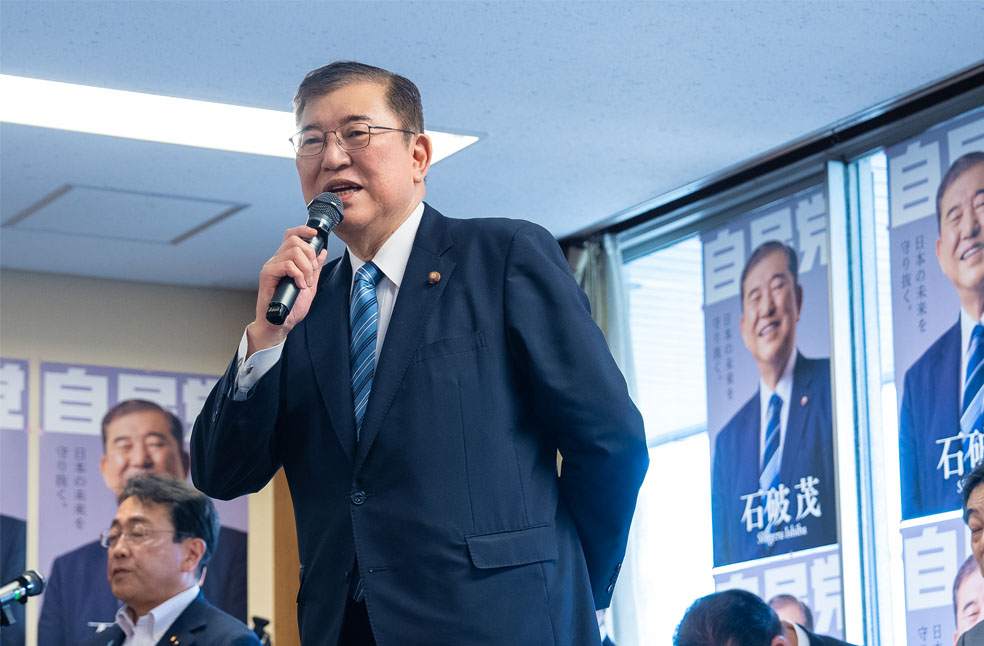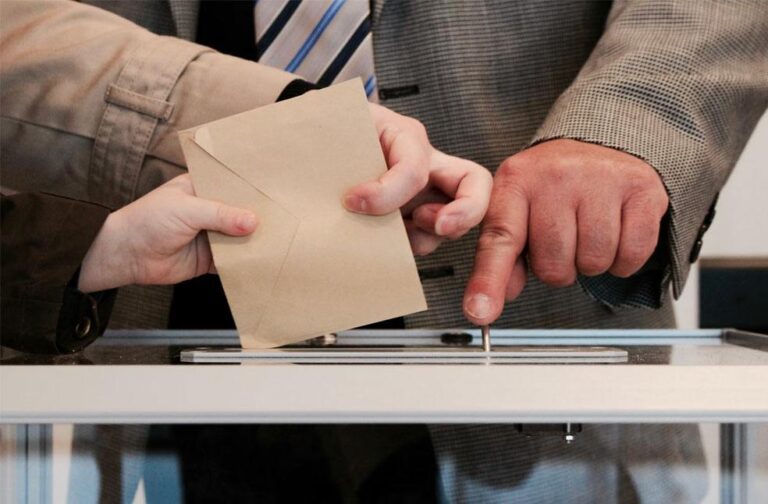Tokyo: Japanese voters are heading to the polls for a snap election after a turbulent period for the ruling party marked by a series of scandals, widespread voter apathy, and historically low approval ratings.
The election was called by Shigeru Ishiba just three days after he was chosen as the leader of the ruling Liberal Democratic Party (LDP), even before his official swearing-in as prime minister.
The decision came despite the LDP’s approval ratings falling below 20% earlier this year due to a political fundraising corruption scandal.
Nevertheless, the LDP remains the leading contender against opposition parties, which have struggled to unite and convince voters of their capability to govern. The main opposition party recorded an approval rating of only 6.6% before parliament was dissolved.
Shigeru Ishiba became prime minister after being elected by the ruling party, following the unexpected resignation of his predecessor, Fumio Kishida, who had held the position since 2021.
The decision to call the election comes as the LDP seeks to repair its damaged public image. Ishiba, a seasoned politician and former defense minister, has referred to the election as the “people’s verdict.”

But whether it’s enough to restore trust in the LDP – which has been in power almost continuously since 1955 – is uncertain.
A series of scandals has damaged the ruling party’s reputation, particularly its ties to the controversial Unification Church, often labeled a “cult” by critics, which has been accused of exerting undue influence over lawmakers.
This was compounded by revelations of a political funding corruption scandal, with prosecutors investigating numerous LDP lawmakers for allegedly profiting from political fundraising events, involving millions of dollars. These allegations led to the collapse of powerful factions that were central to the party’s internal dynamics.
As voters prepared for the polls, they faced rising prices on thousands of food items and essential services, including mail, pharmaceuticals, electricity, and gas. Many people have noted that wages have remained stagnant for three decades, referred to as “the lost 30 years,” while prices have surged at the fastest rate in nearly fifty years over the past two years.
Against this backdrop, Ishiba appears to be taking a political gamble. The LDP previously held 247 of the 465 seats in the lower house, while its coalition partner, Komeito, held 32. A party needs 233 seats to control the National Diet.
There are now concerns that Komeito may not regain that number, as the main opposition party, which had 98 seats in the last parliament, seems to be gaining traction with voters ahead of the election.



